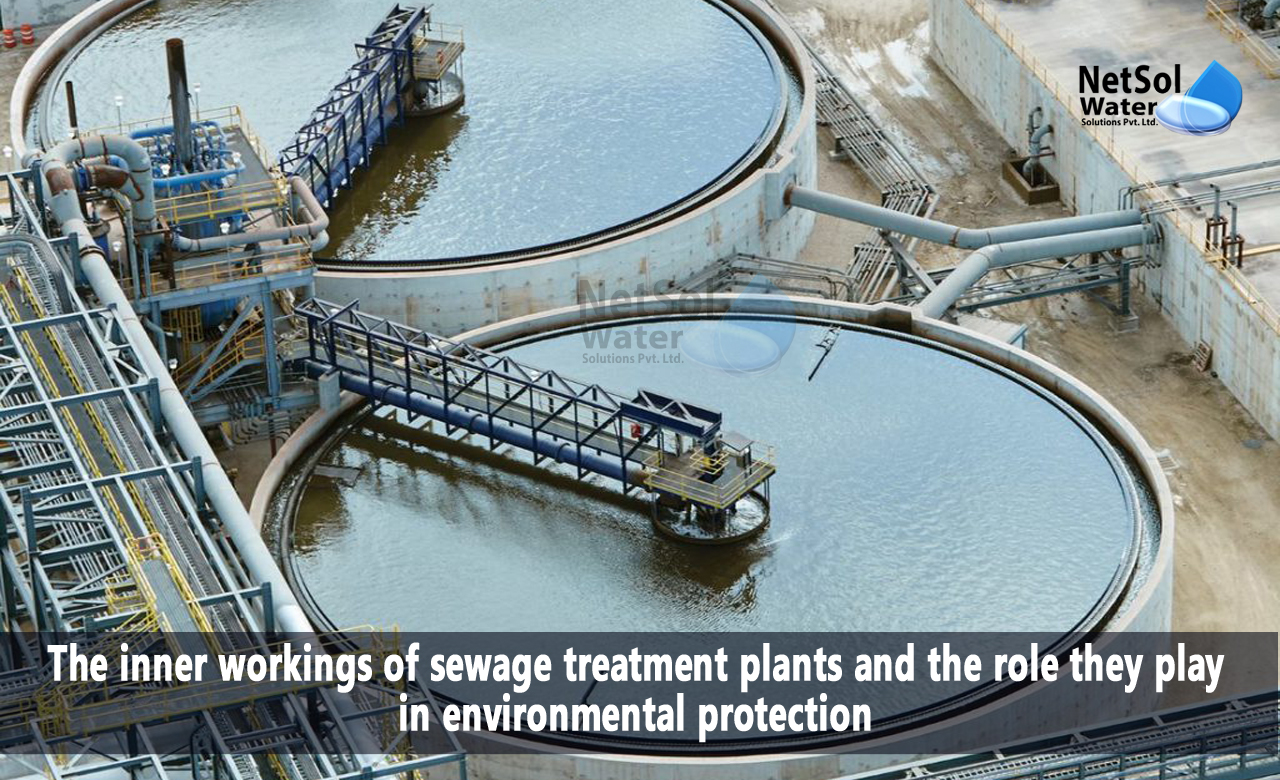Sewage Treatment Plants: Behind the Scenes of Environmental Protection
When we turn on the faucet or flush the toilet, we rarely think about what happens to the wastewater that disappears down the drain. However, behind the scenes, sewage treatment plants are working diligently to protect our environment and ensure the safe return of water back into nature.
In this blog, we will explore the inner workings of sewage treatment plants and the critical role they play in environmental protection.
The Purpose of Sewage Treatment Plants
Sewage treatment plants are designed to treat and process wastewater from residential, commercial, and industrial sources. Their primary goal is to remove harmful pollutants and contaminants from the wastewater before it is discharged back into rivers, lakes, or oceans. By doing so, they prevent the contamination of natural water bodies, protect public health, and maintain the delicate balance of ecosystems.
Primary Treatment: Removing Large Debris
The wastewater that enters the treatment plant goes through a series of treatment stages. The first stage is known as primary treatment, where large debris and solids are removed. Screens and grit chambers help separate materials like plastic, rags, and sand from the wastewater. These solids, known as grit and screenings, are then disposed of in a proper manner. Removing these materials not only prevents clogging in the treatment process but also protects downstream equipment from damage.
Secondary Treatment: Biological Processes
After the primary treatment, the wastewater undergoes secondary treatment, which involves biological processes. In this stage, microorganisms are introduced to break down and consume the organic matter present in the wastewater. The most common biological process is activated sludge, where microorganisms feed on the organic pollutants, transforming them into harmless substances. This process effectively reduces the biochemical oxygen demand (BOD), a measure of organic pollution, in the wastewater.
Tertiary Treatment: Advanced Purification
In some cases, after secondary treatment, an additional stage called tertiary treatment is employed to further purify the wastewater. Tertiary treatment utilizes advanced processes to remove any remaining impurities, such as nutrients (nitrogen and phosphorus), pathogens, and trace contaminants. Methods like filtration, disinfection (e.g., chlorination or ultraviolet irradiation), and advanced oxidation are used to achieve a high level of water quality. The treated water is then ready to be safely discharged into receiving water bodies.
Biosolids Management: Resource Recovery
Apart from treating wastewater, sewage treatment plants also manage the byproduct of the treatment process known as biosolids. Biosolids are nutrient-rich organic materials that can be recycled and used beneficially. Sewage treatment plants employ various techniques such as anaerobic digestion, composting, and thermal drying to treat and stabilize biosolids. These treated biosolids can be reused as fertilizer in agriculture, soil amendments, or even as a source of renewable energy through anaerobic digestion.
Research and Innovation
Sewage treatment plants are continually evolving to adapt to new challenges and technological advancements. Researchers and engineers are constantly exploring innovative treatment processes and technologies to improve the efficiency and sustainability of sewage treatment. These advancements include membrane filtration, nutrient recovery systems, decentralized treatment approaches, and the integration of renewable energy sources to power treatment processes. Such developments are crucial in enhancing the overall performance and reducing the environmental footprint of sewage treatment plants.
Conclusion
Sewage treatment plants are unsung heroes in the realm of environmental protection. They play a pivotal role in safeguarding water resources, preserving ecosystems, and ensuring public health. By treating wastewater and removing harmful pollutants, these facilities prevent water pollution and maintain the delicate balance of nature. It is vital for governments, communities, and individuals to support investments in sewage treatment infrastructure, promote research and innovation in the field, and raise awareness about the importance of proper wastewater management. Together, we can continue to improve sewage treatment processes and pave the way for a cleaner, healthier, and more sustainable environment.
Netsol Water is Greater Noida-based leading water & wastewater treatment plant manufacturer. We are industry's most demanding company based on client review and work quality. We are known as best commercial RO plant manufacturers, industrial RO plant manufacturer, sewage treatment plant manufacturer, Water Softener Plant Manufacturers and effluent treatment plant manufacturers. Apart from this 24x7 customer support is our USP. Call on +91-9650608473, or write us at enquiry@netsolwater.com for any support, inquiry or product-purchase related query.



